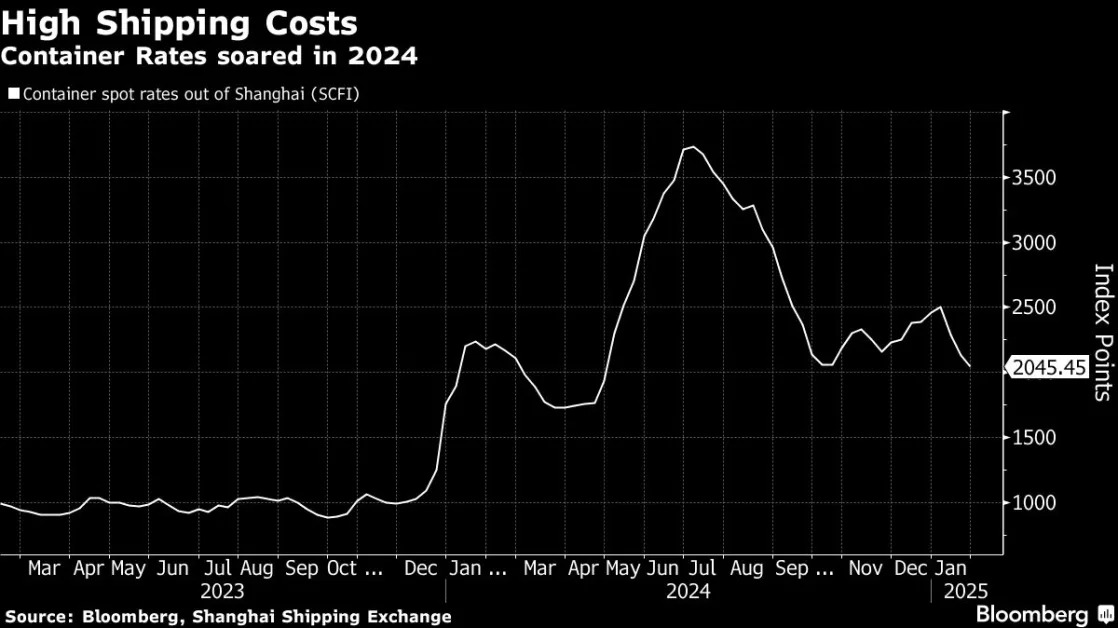The Federal Trade Commission has been flexing its muscles, and now companies are fighting back.
On Tuesday a federal judge in Texas blocked a controversial FTC ban of non-compete agreements that was set to take effect in early September after the rule was challenged by the US Chamber of Commerce and tax service provider Ryan LLC.
"This decision is a significant win in the Chamber’s fight against government micromanagement of business decisions," Chamber of Commerce CEO Suzanne Clark said in a statement.
That development came one day after grocery store giant Kroger ( KR ) filed a motion in an Ohio federal court accusing the FTC of violating the US Constitution by relying on in-house administrative law judges to block a Kroger merger with rival supermarket chain Albertson's ( ACI ).
"[W]e are asking the court to halt what amounts to an unlawful proceeding before the FTC's own in-house tribunal," Rodney McMullen, Kroger chairman and CEO, said in a statement .
The new challenges to the scope of FTC's power follow an aggressive period of enforcement for the agency under chair Lina Khan as it tries to rein in what the Biden administration views as anticompetitive behavior across a number of industries , from healthcare to groceries to tech.
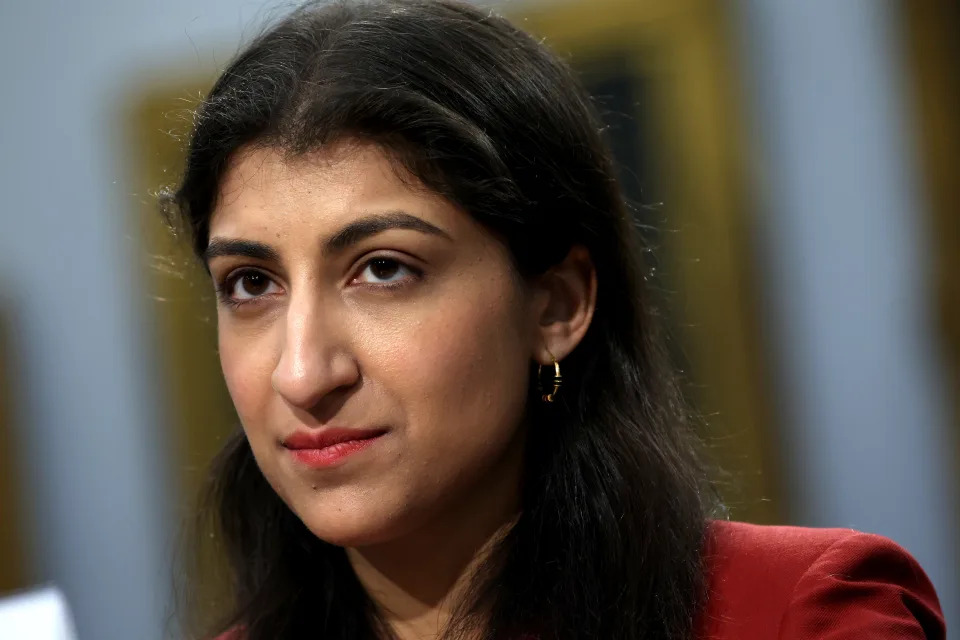
Recent decisions from the Supreme Court in June have made it easier for businesses to bring these legal challenges.
First, the high court, in a case titled SEC v. Jarkesy , stripped the Securities and Exchange Commission of its ability to use in-house tribunals to impose fines for civil violations while depriving a defendant of a jury trial.
Kroger cited this decision when it filed its motion against the FTC on Monday.
The Supreme Court in a separate case titled Loper Bright Enterprises v. Raimondo also overruled a 40-year-old legal doctrine known as the "Chevron deference" that gave federal agencies leeway to interpret laws, thus reining in the power regulators have to intervene in many industries.
When Dallas US District Judge Ada Brown issued her decision blocking the FTC's noncompete ban, she cited the Loper Bright decision, noted Kevin Paule, a transactional litigation shareholder with the law firm Hill Ward Henderson.
"It is likely that the [Texas] court would have come to the same conclusion regarding the FTC’s rule without Loper Bright," Paule said, "but the FTC and other executive agencies will have to tread lightly moving forward in this new environment."
FTC tribunals
The proposed Kroger-Albertsons tie-up faces two separate merger challenges from the FTC: one in an Oregon federal district court and another from the FTC in its in-house administrative court.
The FTC is asking the federal court to block the deal while its in-house judges consider the transaction.
But Kroger argues in its new motion that the agency lacks power to bring a merger challenge because its judges are not removable by the president of the United States.
It also asserts that the company's private rights to contract with another private party can be challenged only by the independent judicial branch.
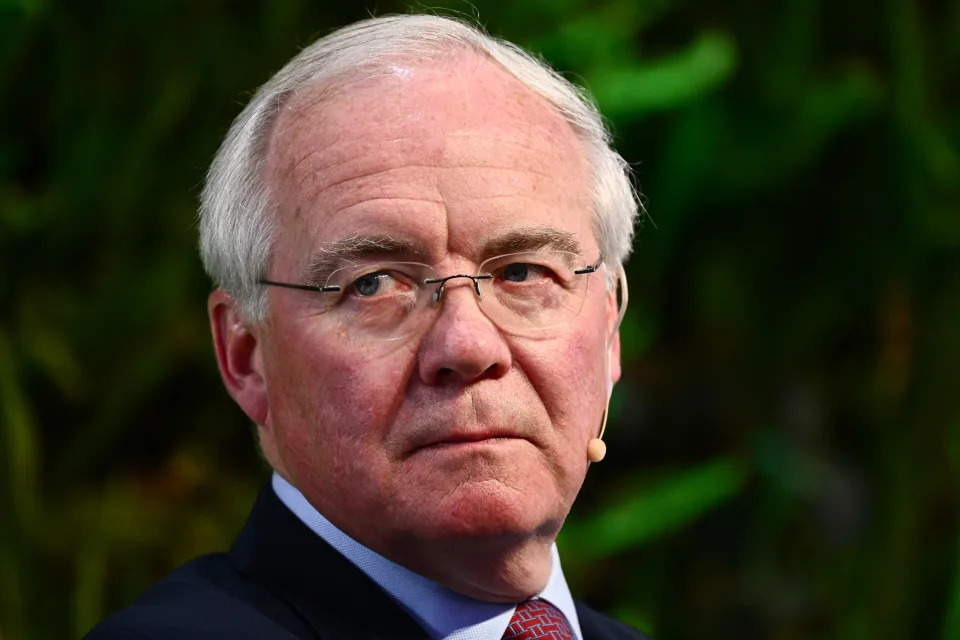
The FTC "clearly violates the Constitution," according to the Kroger motion.
McMullen, the CEO, said in his statement that "we stand prepared to defend this merger in the upcoming trial in federal court — the appropriate venue for this matter to be heard."
Noncompete ban
Companies are also fighting a FTC decision to outlaw nearly all noncompete agreements, a high-stakes shift in US law that could restructure the balance of power between businesses and workers.
The ban, which was set to take effect in early September, has been questioned in multiple legal challenges brought by companies that filed suit in Texas, Florida, and Pennsylvania.
On Tuesday, Judge Ada Brown agreed with the US Chamber of Commerce and tax services company Ryan LLC that the commission lacked authority to enact the ban.
The decision sets up the dispute for possible review by the US Supreme Court.
The FTC’s rule defined non-competes as agreements that expressly prohibit workers from seeking or accepting other work or starting a business after their employment ends.
The rule was written to apply to US employees and independent contractors across industries, from doctors and engineers to fast food workers and salespeople. With few exceptions, it also applied retroactively.
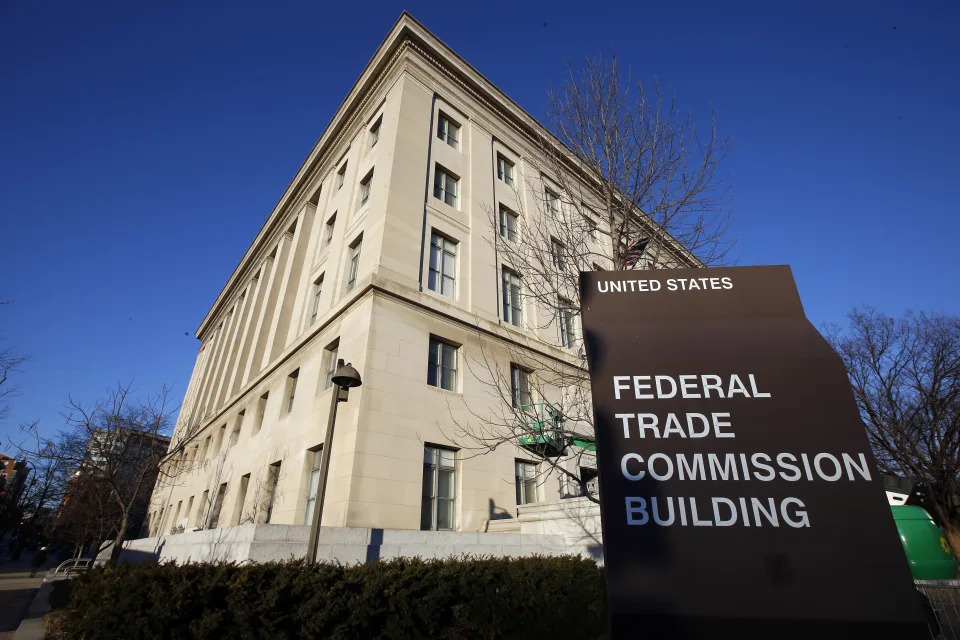
One exception was for noncompete employment agreements already reached with company CEOs, presidents, and senior business executives with "policy making" authority. The rule exempted those employees if their compensation exceeded more than $151,164 per year.
When the FTC issued the rule it said it was necessary for “protecting the fundamental freedom of workers to change jobs, increasing innovation, and fostering new business formation."
But the judge in Texas said "the FTC lacks statutory authority to promulgate the Non-Compete Rule, and that the Rule is arbitrary and capricious. Thus, the FTC’s promulgation of the Rule is an unlawful agency action."
Clark, the Chamber of Commerce CEO, said in a statement that "a sweeping prohibition of noncompete agreements by the FTC was an unlawful extension of power that would have put American workers, businesses, and our economy at a competitive disadvantage."
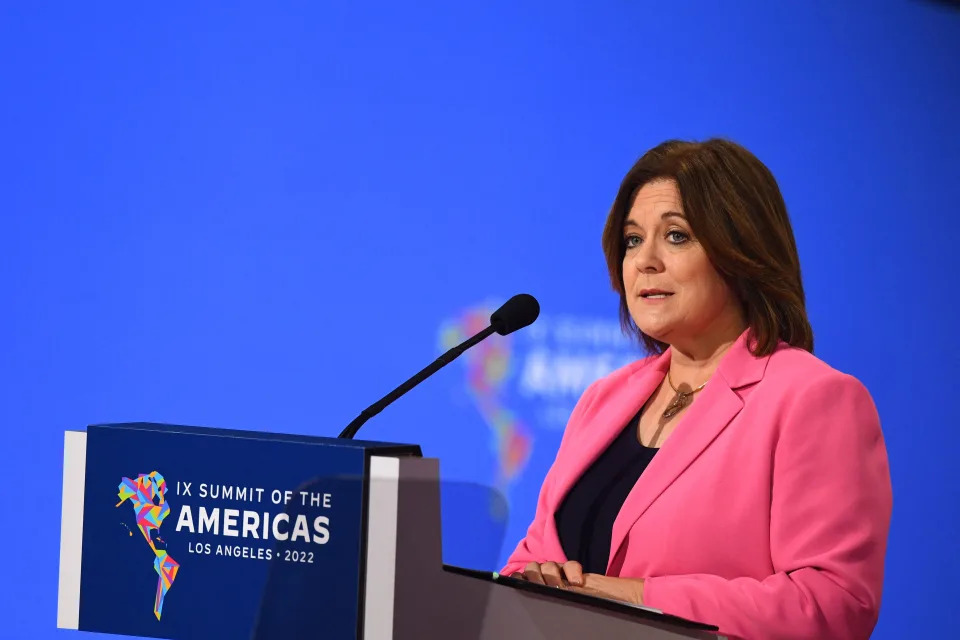
The FTC said it is considering an appeal and noted that the decision doesn't prevent the FTC from addressing noncompetes through case-by-case enforcement actions.
"We are disappointed by Judge Brown’s decision and will keep fighting to stop noncompetes that restrict the economic liberty of hardworking Americans, hamper economic growth, limit innovation, and depress wages," a spokeswoman said.
For now, the FTC’s rule will not go into effect on Sept. 4, meaning that noncompete agreements will largely be governed by state law.
The outcome of the November presidential election could also influence how this situation plays out.
"In the event that the White House changes parties, it is possible that a Trump administration would change the leadership at the FTC and the agency could decide to drop the rule," Paule said.
"In that situation, the Supreme Court may not need to make a ruling."
Alexis Keenan is a legal reporter for Yahoo Finance. Follow Alexis on X @alexiskweed .



